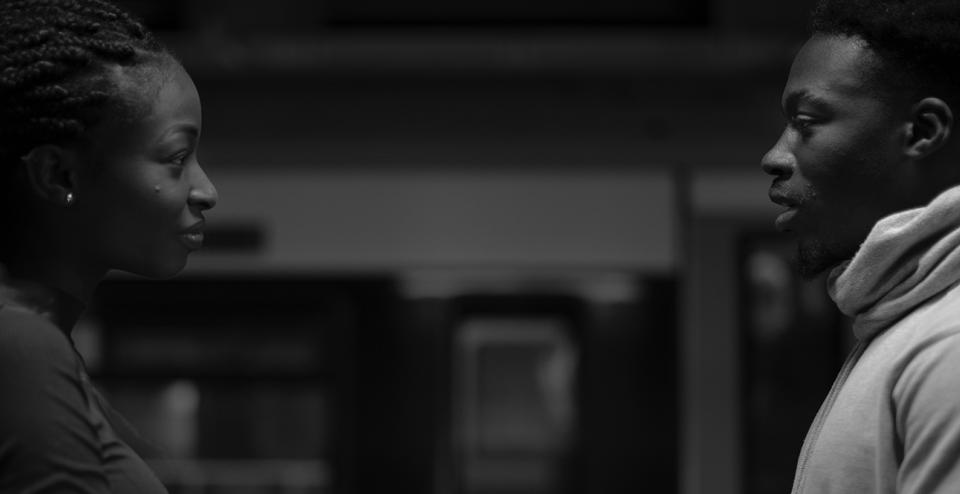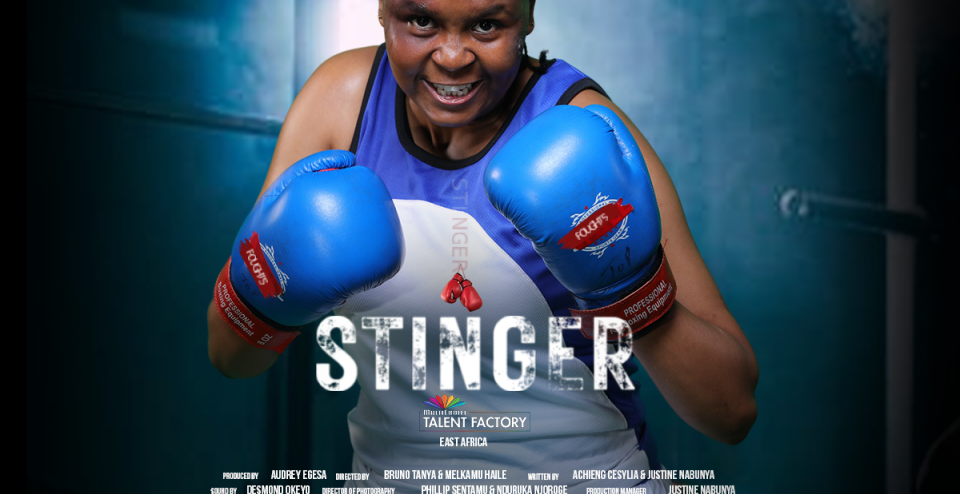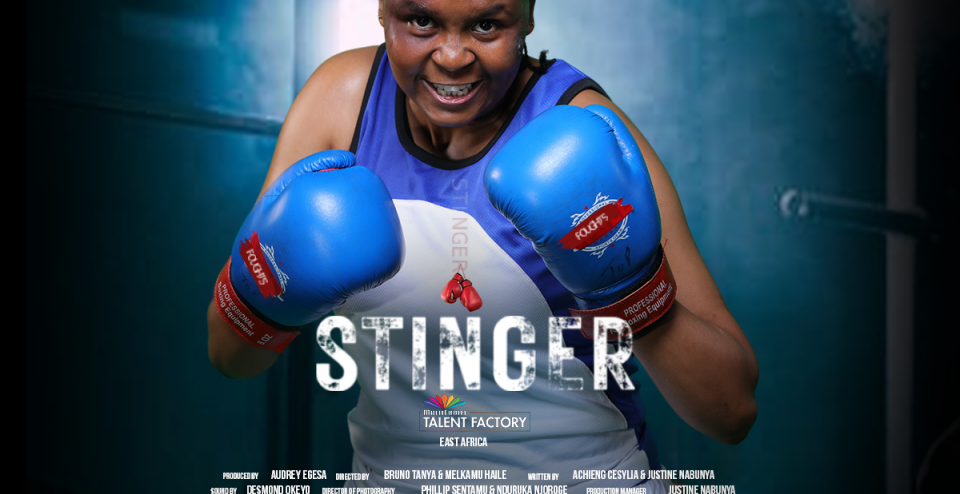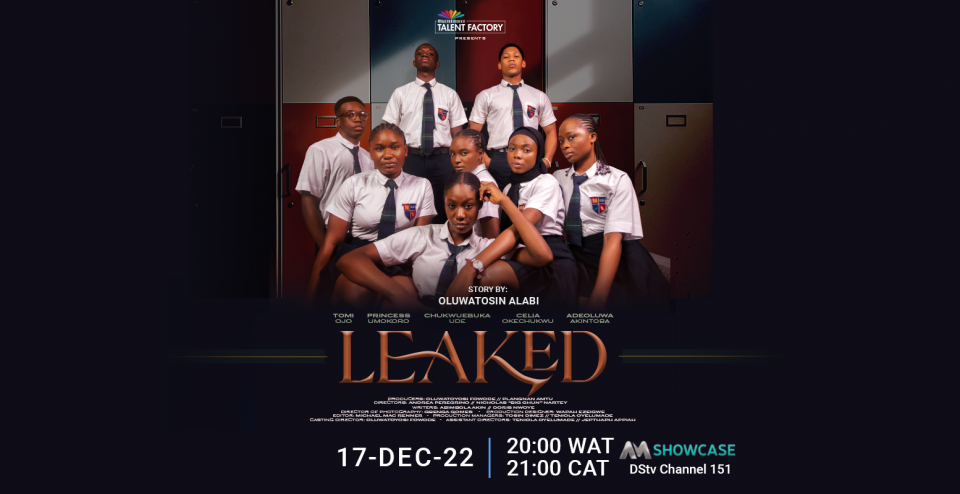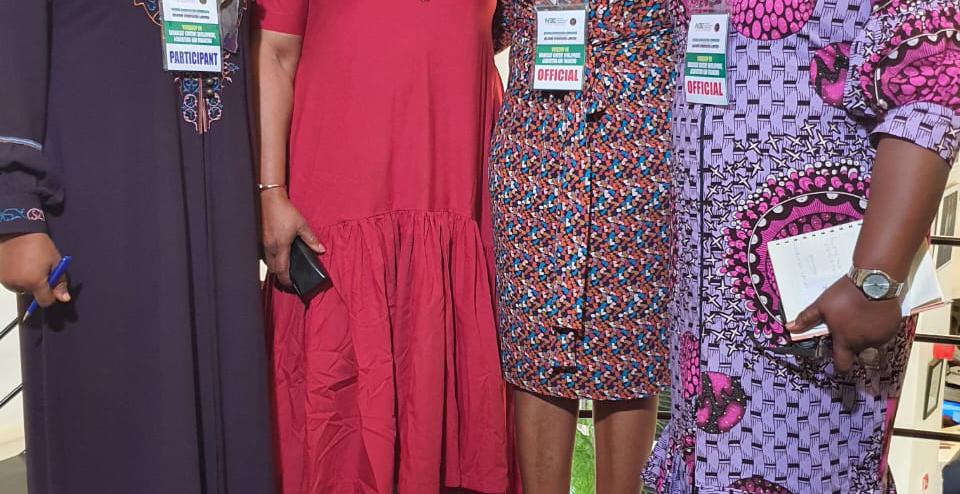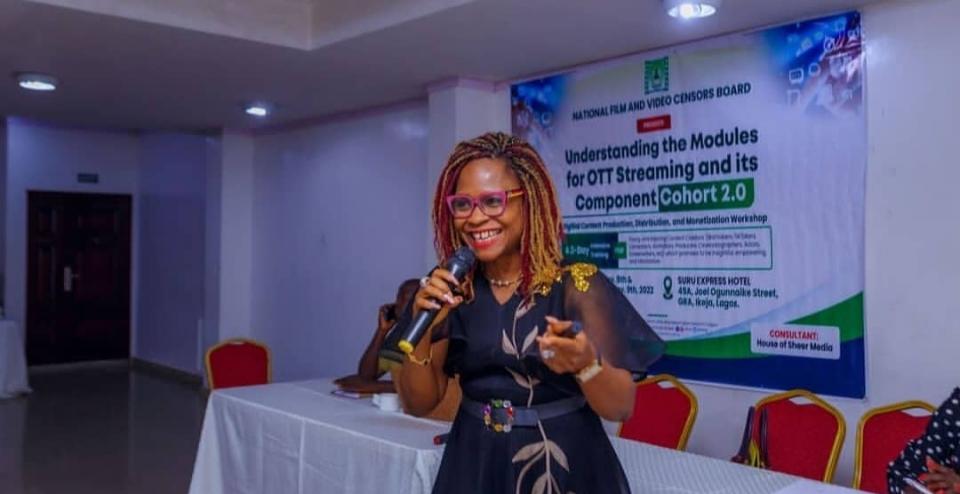Broadcast wiz berry lwando talks unlocking africa’s potential with multichoice talent factory
Broadcasting specialist Berry Lwando has worked in Zambia’s TV, film and radio industry for decades. And has recently been appointed academy director for Multichoice Talent Factory (MTF) in Southern Africa, which includes countries Angola, Botswana, Malawi, Mozambique, Namibia, Zambia and Zimbabwe. MTF is a brand-new initiative dedicated to training 60 individuals from 13 African countries to hone their film and television production skills in a year-long funded programme supported by MultiChoice Talent Factoryacademies hosted in Kenya, Nigeria and Zambia. We catch up with Berry to find out what MTF is all about.
Please could you share your journey in the broadcasting industry?
“I’ve been in broadcasting at various levels, since 1989. I’ve done everything from camera to director and producing and have a number of titles under my belt. My last appointment was with the national broadcaster, where I was the director of programmes at the Zambian National Broadcasting Corporation. In between, I’ve worked for agency, NGOs and as a broadcast trainer, to name a few.”
Now you’ve been appointed academy director for Multichoice Talent Factory (MTF) in southern Africa, can you tell us more about it?
“Multichoice really pulled at my heartstrings because they were offering something that we tried to offer when I was at Zambia Institute of Mass Communication, which was training for career professionals. And because we were unable to do that, when I saw what Multichoice came up with MTF, it answered most of the questions that we had in the industry. This is an industry has big gaps, especially in the south. South Africa has kind of filled up those gaps and is proceeding pretty well in terms of quality of products that they create. But the rest of southern Africa is still getting there.”
Gaps? Please could you elaborate on that sentiment.
“We have a huge storytelling tradition. Most of us, from generation to generation, would have been told stories by our great grandmothers or uncles, and sometimes by the fire light. But what we don’t have here is a cinematic tradition to bring those stories to the screen. We don’t quite have the skills to put that story together in the manner that would go onto a television screen, and that has been the challenge.”
How do you think MTF can fill the gaps you mention?
“The big plan for Multichoice is to ignite the creative industry. By looking at the different aspects of the creative industry, we aim to get people within the screen industry to a position where they can actually thrive, and to where producers can take advantage of the entire value chain. The thinking around the initiative is to take people and make them practitioners who are capable creatives in the industry. That means that if I’m in Zambia, Botswana, Namibia and I want to make a film, I’ll be able to find people in these countries who are adequately trained. So when we say, ignite the creative industry, we mean we’re aiming to get people to realize and appreciate the entire value chain of the creative industries of Africa, storytelling and getting the local content to be developed.”
Please could you tell us more about the academy structure.
“The MTF academy is bringing 20 people from the different countries to the southern African hub in Lusaka for a one year fully sponsored training programme, from 1 October 2018 to 30 September 2019. We are look at enabling learners to be entrepreneurial. They will understand the business of film. As part of the course, they have to pitch to our channels and we’ll expose them to managers of the channels. We are looking at intense and practical training that will guide them to produce content suitable for these channels. Once accepted, the content will be treated in the same way Multichoice treats the products it ingests.”
The countries within this region are all very diverse, with their own set of histories, languages and cultures. What are your thoughts on clustering the countries?
“Southern African actually has a lot of similarities. There are levels of oneness relating to the migration of the people, such as the Nguni people migrating from South Africa right through Zambia, Mozambique and Malawi for instance. You can also see that shades of the languages that are spoken across the regions. And if you look at the on-screen industry too, it has almost moved at a homogenous pace [outside of South Africa].”
Which are the countries in the southern region you’re excited about in terms of video entertainment, and why?
“All the countries under my guide. We have Zambia, Zimbabwe, Botswana, Namibia, Mozambique, Angola and Malawi. That’s a total of seven that we’re looking at. These seven countries are active in different ways. Zimbabwe particularly is moving very strongly towards an acting tradition, and trying to creating their own creative screen community and genres, You’re talking about a huge market who can watch the products created at the factory. The market is very accepting of the product of local content on TV, so we’re doing this at the right time and hitting the right notes. I’m pretty excited.”
How do we ensure oral tradition is preserved and conveyed onto screen?
“The answer to the question you ask is what we are about. What MTF is trying to do in southern Africa is enhance the skill sets and capacities of creatives, and we aim to get people to focus on the narrative. We believe we’ll be able to empower our people in southern Africa to tell their stories. One thing that we do have is stories. The philosophy of the MultiChoice Talent Factory is to enable the storytelling tradition so that it grows. This is big thing for MC because we are a born and bred African company. We are the ones who have seen that this is necessary. Our Africa needs to tell its stories and it needs to tell them well.”
Stay ahead of the conversation
Get yourself up to date with your industry news



